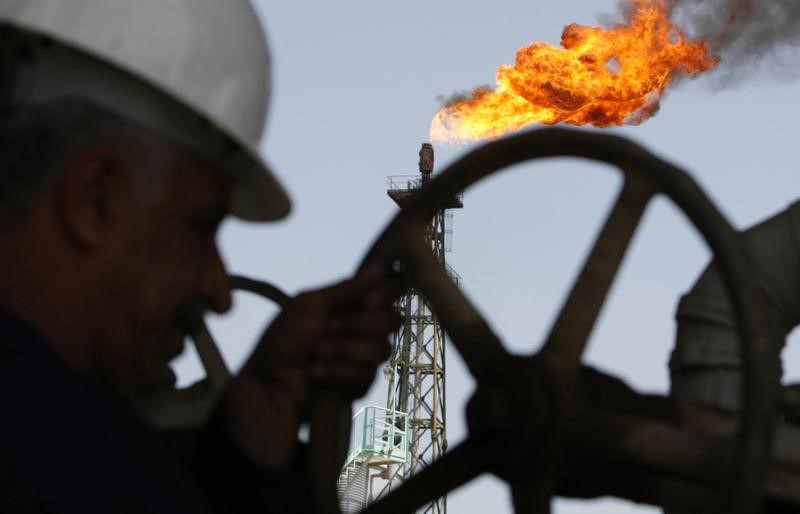Gold prices set for weekly gains on dovish Fed outlook; silver near record high
By Peter Nurse
Investing.com -- Crude oil prices jumped sharply Monday, recovering after last week’s heavy losses as traders sought out bargains despite demand concerns fuelled by rising cases of the Covid-19 virus.
By 9:30 AM ET (1330 GMT), U.S. crude futures were up 4.2% at $64.77 a barrel, while Brent futures were up 4% at $67.36 a barrel. Both benchmarks suffered their biggest week of losses in more than nine months last week, with Brent sliding around 8% and WTI about 9%.
U.S. Gasoline RBOB Futures were up 2.6% at $2.0765 a gallon.
“Oil’s selloff in the past month was overdone,” said analysts at Goldman Sachs (NYSE:GS), with the influential investment bank sticking with its year-end forecast of $80 a barrel.
Helping sentiment Monday has been the weaker dollar, making crude less expensive for holders of other currencies, after influential Federal Reserve policymaker Robert Kaplan stated Friday he may need to adjust his view that the central bank can soon start to rein in its extraordinary monetary stimulus if the delta variant of the coronavirus slows economic growth materially.
This brings the Jackson Hole symposium later in the week firmly into focus, where the market will be keen for any signs on when the Fed will start tapering its asset purchases.
The growth in the number of global Covid cases, led by the highly transmissible delta variant, has resulted in many countries introducing new travel restrictions, raising concerns of slower fuel demand worldwide.
The next important event for the oil market will be the meeting of the Organisation of Petroleum Exporting Countries and their allies, a group known as OPEC+, at the start of September.
“Prior to the recent sell-off, the market would have likely placed not much focus on this meeting, with production policy set until the end of the year,” said analysts at ING, in a note. “However, with the recent weakness in prices, the market will now be eagerly waiting to see if the group decides to delay some of its easing in cuts.”
The King Abdullah Petroleum Studies and Research Center, an independent energy research institute, sees the risk of a supply surplus this winter given the potential hit to demand.
"OPEC+ may be required to reintervene with modest temporary cuts if inventory builds faster than desired," the institute said, in a report released Monday.
